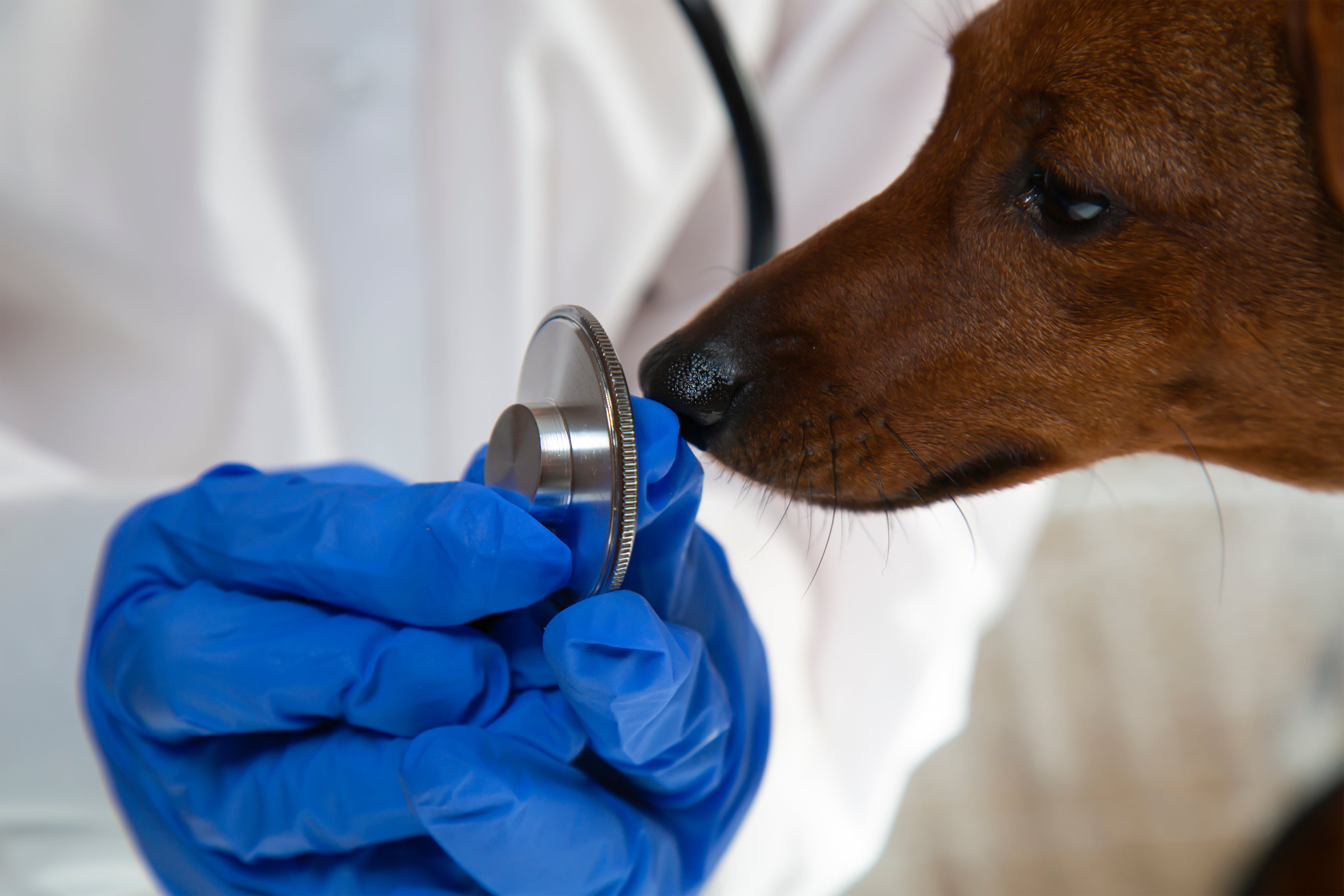


There are two good avenues for finding a new dog or puppy – either adopt a rescue dog or purchase a puppy from a reputable breeder. Rescue is a brilliant idea and a great way to provide a loving home for a pet that is just plain down on down on their luck. As some of you know by now many of our Naturo four legged family members are rescues like Mylo, Charlie and Jasper.
If you are looking to buy a pedigree dog, we strongly recommend contacting the Kennel Club or the Irish Kennel Club. They will be able to put you in touch with a reputable breeder, so you can be sure that everything is above board.
However, if you are going down the route of online advertisement sites (which we would not advise) there’s a few key steps that will help you to identify a pup that is coming from a puppy farm pup or at least help to raise a red flag.
A reputable breeder should be more than happy for you to meet the puppies Mum and visit the house or establishment where the puppy was born. A big red flag should pop up if the person selling the puppy suggest meeting at a random petrol station or at the side of a road.
Often these breeders offer to meet halfway as it’s “more convenient” for you and then try to sell you the puppy from the boot of their car.

It is important to meet mum and see where the puppies are born
Be aware of the ‘Shop Front’ strategy’ where you arrive at a nice home in the countryside where the puppy is being kept. There will be no sign of the puppy’s mum and they will say she has gone out for a walk.
The common misconception is that you will be able to spot a puppy farm because of the terrible conditions but in reality, this is not the case. It is a multi-million-pound business and those involved treat is as such, a lot of what you may see at first is likely to be smoke and mirrors.
It is illegal to sell a dog that is not microchipped. This law has recently been introduced to try to eliminate puppy farms, with all dogs needing to be microchipped once they reach 12 weeks old. Even rescue centres must chip the dog before sending to its fur-ever home.
The puppy should be microchipped by a qualified vet or registered technician and accompanied by the correct paperwork, to confirm the dog has been registered.
The certificate of registration allows for a “change of ownership” details to be completed which can then be returned and the central database updated. This also give you peace of mind that the seller is the owner of the dog and has permission to sell it. The certificate will also state their name and address.
 A big red flag is no history or offer of microchipping and vaccination paperwork
A big red flag is no history or offer of microchipping and vaccination paperwork
The seller should provide you with a vaccination certificate. This will give you details on all vaccines the dog has received from its vet.
You can then bring these to your vet for review. Vaccinations are extremely important and can save the life of your pet. Canine Parvovirus is often a fatal illness that is associated with puppy farm activity, meaning that sadly many puppy farm pups don’t live a very long life. Vaccinating your pup can help prevent them developing the illness should they encounter an infected dog.
If you feel the set-up is not right – simply walk away. The seller’s strategy is to make you feel sorry for the puppies, so you want to take them home and give them a better life. They will prey on this emotion. It may be very hard to resist, but by giving in, you would be supporting this business and inadvertently supporting its existence.
One last bit of advice we have is that if you have young children – it is best not to bring them on the day you are going to meet the puppy for the first time. If you happen to become suspicious on the visit your child may put additional pressure on you to buy the puppy and it will be harder to walk away.
We hope these tips are of help to you, and we welcome to hear any other words of wisdom our Naturo family may have to share.